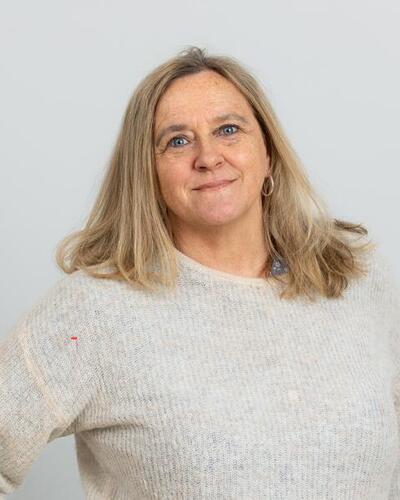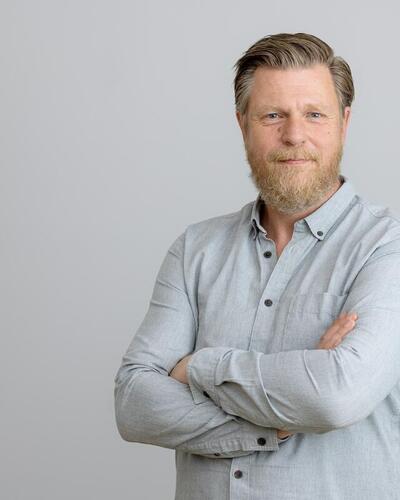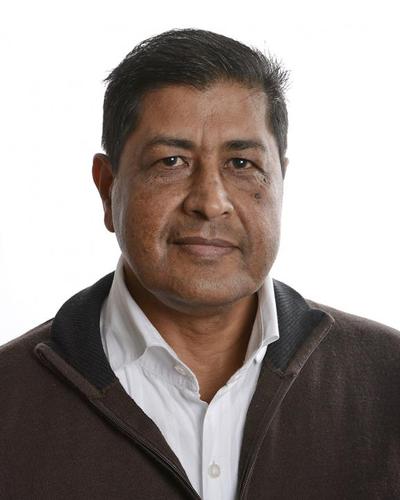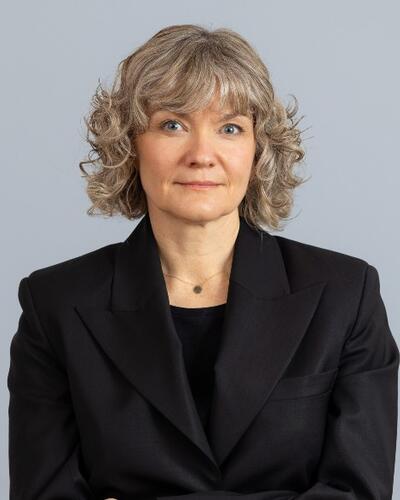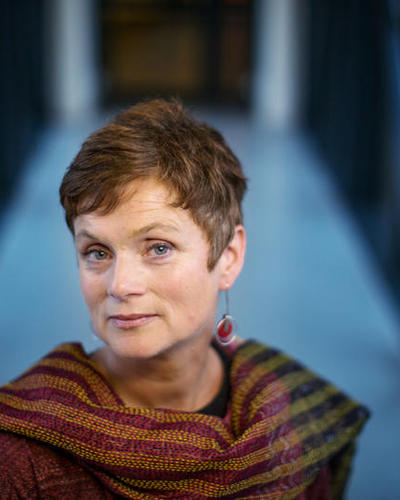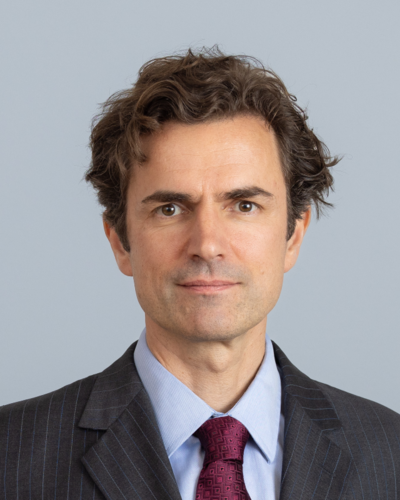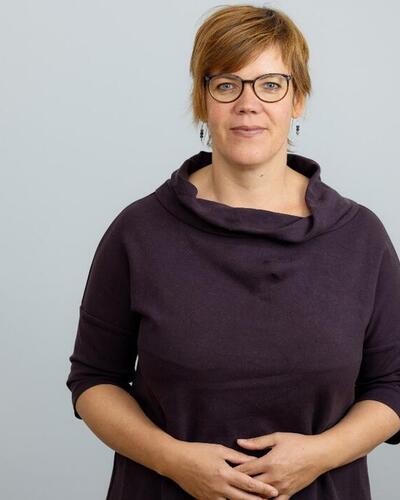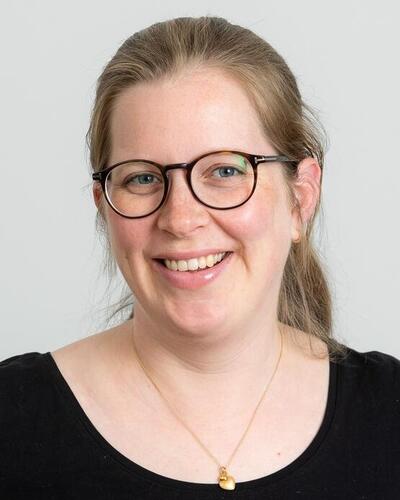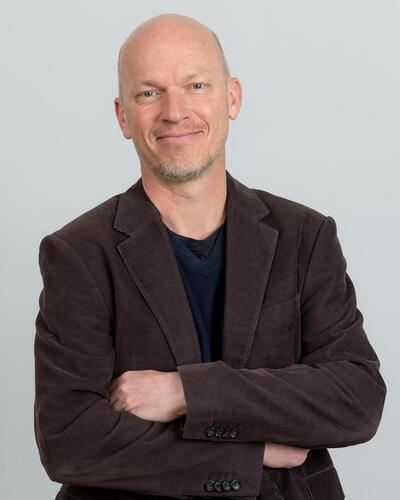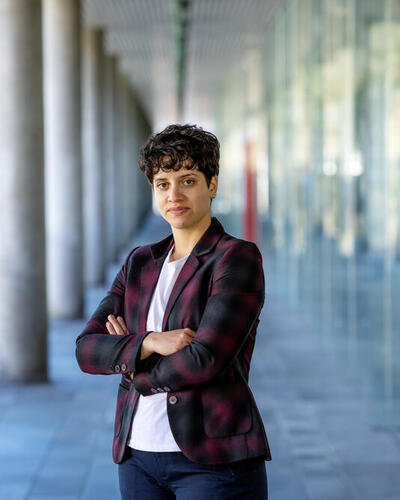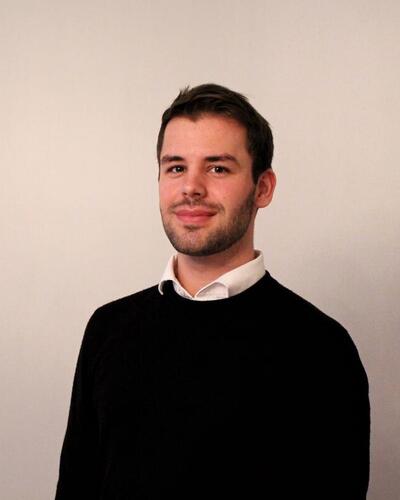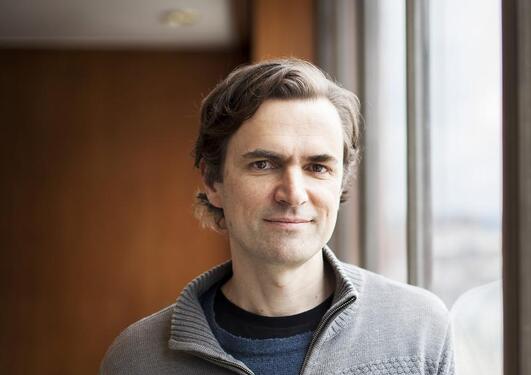Governing Global Challenges
Governing Global Challenges er en forskningsgruppe ved Institutt for politikk og forvaltning ved Universitetet i Bergen. Fokusområder er hvordan globale utfordringer - migrasjon, matsikkerhet, pandemier, klimaendringer - påvirker koordinering mellom lokale, nasjonale og internasjonale offentlige og private aktører.

Main content
Samfunn og beslutningstakere over hele verden står overfor globale utfordringer som klimaendringer, cybersikkerhet, likestilling, "fake news", migrasjon og pandemier. Disse utfordringene krever raske samfunnsmessige og politiske løsninger, og fordi konsekvensene rammer utover nasjonale grenser kreves koordinering mellom lokale, nasjonale og internasjonale aktører, både private og offentlige.
Forskningsgruppen vår tar opp slike komplekse globale "wicked problems" i krysningen mellom offentlig politikk og forvaltning, organisasjon, jus og politikk, og politisk mobiliseringsteori.
Spørsmål vi forsker på
-Hva er de globale regimene for å håndtere globale utfordringer, hvordan har de oppstått over tid, og hvorfor har de utviklet sine spesifikke organisatoriske og politiske fokus?
-På hvilke måter er FNs mål for bærekraftig utvikling implementert i spesifikke organisasjoner og steder, og hvordan kan man forklare variasjon mellom sted, tid og politikkområder?
-Hvordan interagerer lokale institusjoner, praksiser og politiske utfordringer med den globale håndteringen av globale utfordringer?
-Hvordan interagerer og begrenser ulike regimer hverandre, for eksempel når det gjelder klimaendringer, klimamigrasjon, cybersikkerhet og konflikt?
-Hvordan påvirker vold i borgerkriger kvinners politiske myndiggjøring og kjønnsforhold?
-Hvordan kan akademiske institusjoner i det globale sør sikre at deres kunnskap vokser utover egen kultur og bidrar til deres egne behov for utvikling?
Masterprogram i Politics and Governance of Global Challenges
Masterprogrammet utforsker den komplekse flernivåhåndteringen av globale "wicked problems" som blant annet ulikhet, klimaendringer, migrasjon og pandemi i den moderne verden. Gjennom masterprogrammet analyseres den historiske utviklingen av det transnasjonale systemet for å addressere globale utfordringer. Vi skal undersøke hvordan moderne aktører i internasjonale, nasjonale og lokale arenaer samhandler. Studentene vil utvikle kunnskap, ferdigheter og kompetanse til å forstå, analysere og diskutere globale utfordringer fra et politisk og styremessig perspektiv. Studentene vil også lære hvordan man arbeider mot en potensielt rettferdig og bærekraftig løsning på problemene verden i dag står overfor.
Masterprogrammet foregår på engelsk.
Mer informasjon om dette masterprogrammet finnes på denne siden.
Politics and Governance, Master's Degree
Forskningsprosjekter
Prosjektbeskrivelsene er på engelsk fordi forskningsprosjektene foregår på engelsk.
Autocratization Dynamics: Innovations in Research-Embedded Learning
“Autocratization Dynamics” aims to further strengthen UiB-CMI LawTransform as a global hub for research at the intersection of law and politics, and as a leading centre for innovations in horizontal research-embedded education, by forging long-term partnerships with leading research and educational institutions in the field. With 12 partner institutions drawn from among the strongest education and research institutions in Brazil, Canada, India, Norway South Africa and the United States, we aim to create new research on the effects of autocratization dynamics across the globe.
The collaboration will secure the advancement of research and education of the highest quality in Norway by developing new interdisciplinary research projects deepening our efforts to understand the role of law in authoritarian dynamics – both in the global south and in the north – and how this plays out in key policy areas. Through innovative research-embedded course developments and student-driven teaching modules Autocratization Dynamics will confront the challenging global environment of competing information streams and where factual information increasingly is politicized and the value of science and academic freedom undermined.
To better understand the challenges posed by autocratization and how legal tools may be used to legitimize undemocratic politics, a key aim of all universities in our consortium is to educate students to become active and critical producers of knowledge. To do so, we aim to create a partnership between researchers and students where the students are in the driver’s seat in the development of courses and research projects. LawTransform has significant experience facilitating horizontal exchange on research ideas between senior and junior scholars; building international, interdisciplinary partnerships on research projects, and cross-faculty and cross-institutional teaching, both face-to face and digital. The project will build on and further develop this.
Mer informasjon om forskningsprosjektet finner du her.
WarEffects
Does violence in civil wars affect women’s empowerment and gender relations? This question is at the heart of WarEffects, a research project (2022-2027) funded by the European Research Council and led by Associate Professor Carlo Koos at the Department of Government at the University of Bergen.
In this project, we will explore if, how, and under what conditions violence in civil wars affects women's empowerment in particular and gender relations more broadly at the subnational and individual level. Empirically, we will combine survey experiments, archival data, GIS, and qualitative field research in Colombia, DR Congo, and Sri Lanka. Our goal is to significantly advance knowledge at the intersection of peace and conflict research, gender studies, and development economics.
Mer informasjon om forskningsprosjektet finner du her.
Breaking BAD
African countries are clamping down on democracy, adopting legal restrictions on key civil and political rights that form the basis of democratic rule, including freedoms of association, speech, and information; the ability to choose political leaders; rule of law with recourse to independent courts; and rights and freedoms related to reproduction and family life, gender equality, sexual orientation and gender identity. Domestically, the restrictions privilege some social groups at the expense of other groups, increasing social and economic inequalities and contributing to social unrest and outward migration. Internationally, the African democratic backlash challenges global actors who have pressured developing countries to politically liberalize in the post-Cold War period. Yet, we have insufficient understanding of why this democratic backlash is happening, what the implications are, and which responses are effective under different conditions.
The point of departure of the project is that the backlash is not uniform in terms of what elements of democracy is under pressure, where it is under pressure, how it is under pressure and when this pressure matters. We therefore adopt a disaggregated approach to democracy and a multi method approach.
Mer informasjon om forskningsprosjektet finner du her.
Decolonizing Epistemologies: Disciplines and the University in Relation to the Society and the World (NORDHED II)
The NORHED II (2021-2026) project Decolonizing Epistemologies is a continuation of a long-term cooperation between the Department of Government and the Makerere Institute of Social Research (MISR), building on the Norhed I - program and the sub- project "Building and reflecting on Interdisciplinary PhD Studies for Higher Education Transformation". Both projects are part of a larger endeavor, designed to contribute to the transformation of and capacity building in higher education. While the first phase focused on graduate education at Makerere University, in Uganda and the region, this second phase aims, in addition, to think through the relation between locality and universality, relevance and excellence, in higher education in a time of "SDG transition". The MISR program is distinguished from all other programs at Makerere and in the region by its interdisciplinary curriculum, its basis in two years of rigorous coursework, and its intellectual orientation towards training students to formulate questions for themselves and not just to answer questions posed by others. The whole of MISR, as an attempt to secure independent knowledge development, is a way of practicing the ideal of "decolonizing epistemology". However, to strengthen this practice, more explicit reasoning around its meaning as a way of organizing knowledge for "epistemological independence" is necessary.
Medlemmer og publikasjoner
| Forskningsgruppemedlem: | Link til CRISTIN-side: |
| Lise Rakner | Lise Rakners publikasjoner på CRISTIN |
| Simon Neby | Simon Nebys publikasjoner på CRISTIN |
| Ishtiaq Jamil | Ishtiaq Jamils publikasjoner på CRISTIN |
| Ragnhild Louise Muriaas | Ragnhild Louise Muriaas' publikasjoner på CRISTIN |
| Siri Gloppen | Siri Gloppens publikasjoner på CRISTIN |
| Zuzana Murdoch | Zuzana Murdochs publikasjoner på CRISTIN |
| Endre Meyer Tvinnereim | Endre Meyer Tvinnereims publikasjoner på CRISTIN |
| Regine Paul | Regine Pauls publikasjoner på CRISTIN |
| Agnete Hessevik | Agnete Hesseviks publikasjoner på CRISTIN |
| Andrea Kronstad Felde | Andre Kronstad Feldes publikasjoner på CRISTIN |
| Carlo Koos | Carlo Koos' publikasjoner på CRISTIN |
| Esther Song | Esther Songs publikasjoner på Google Scholar. |
| Serena Nilsson Rabia | Serena Nilsson Rabias publikasjoner på CRISTIN |
| Sjoerd de Winter | Sjoerd de Winters publikasjoner på CRISTIN |
